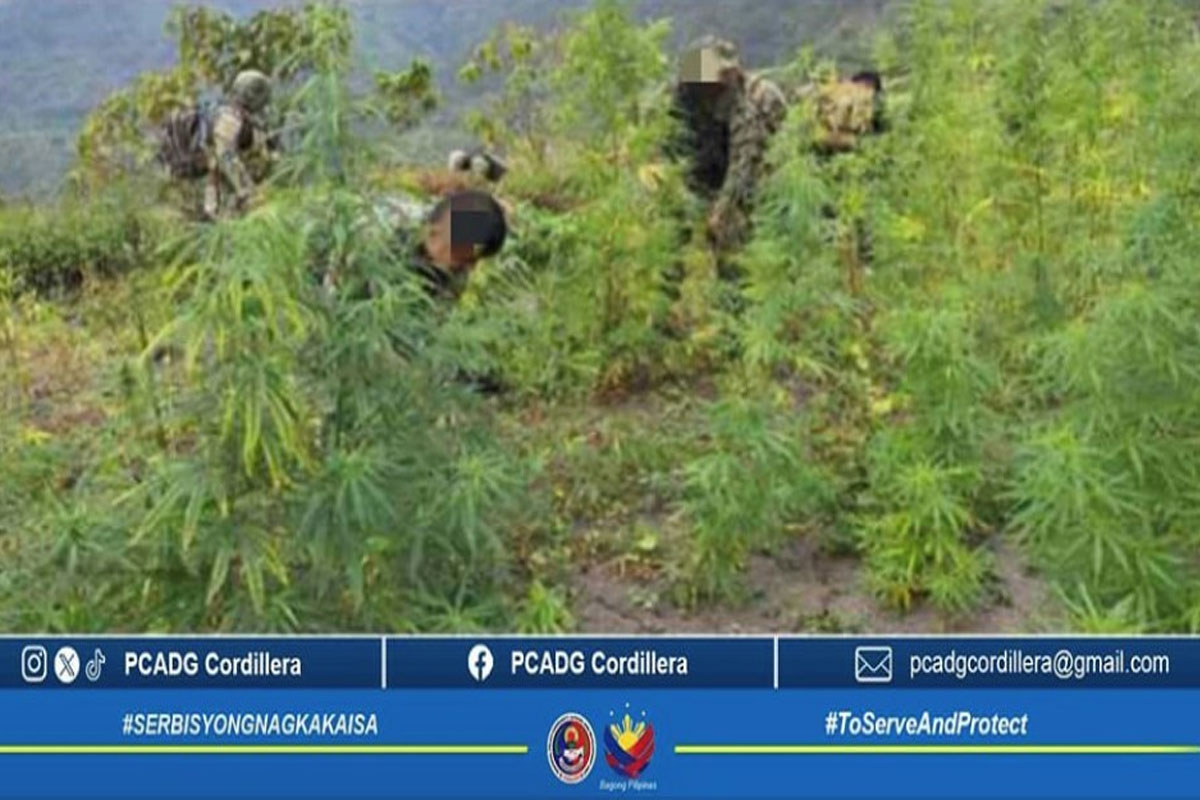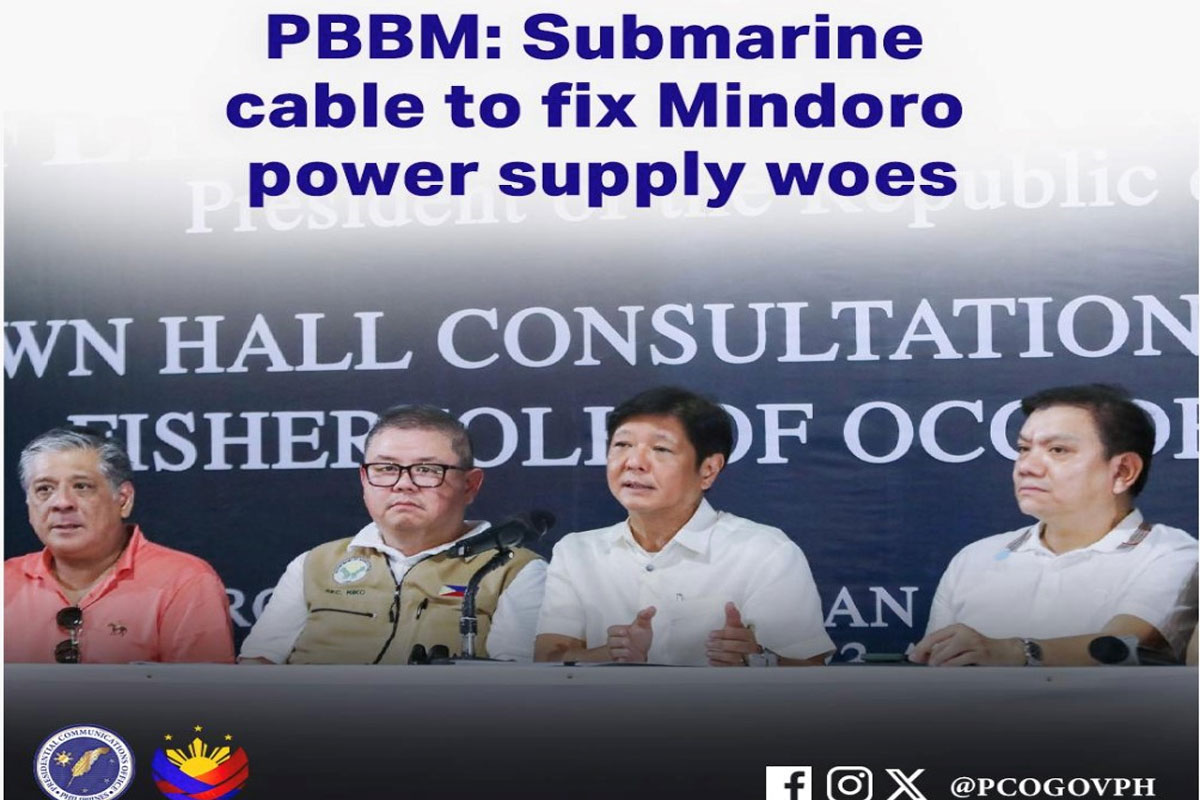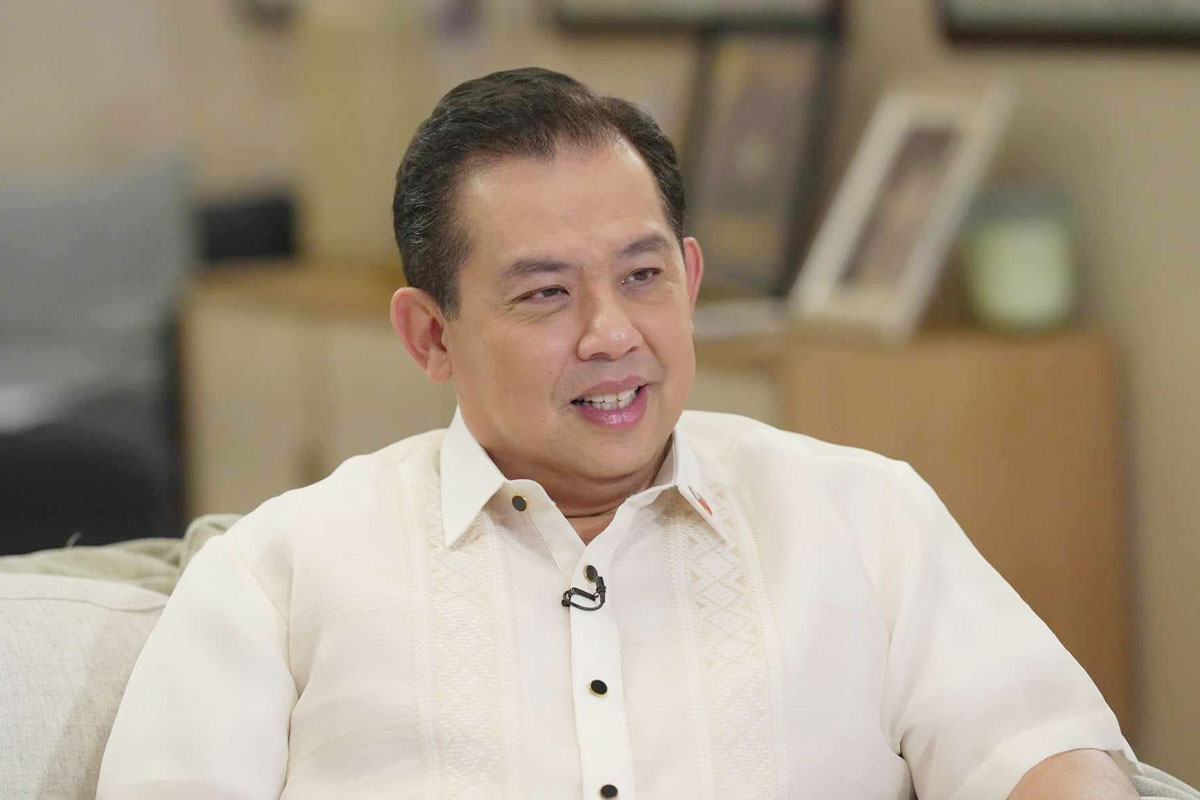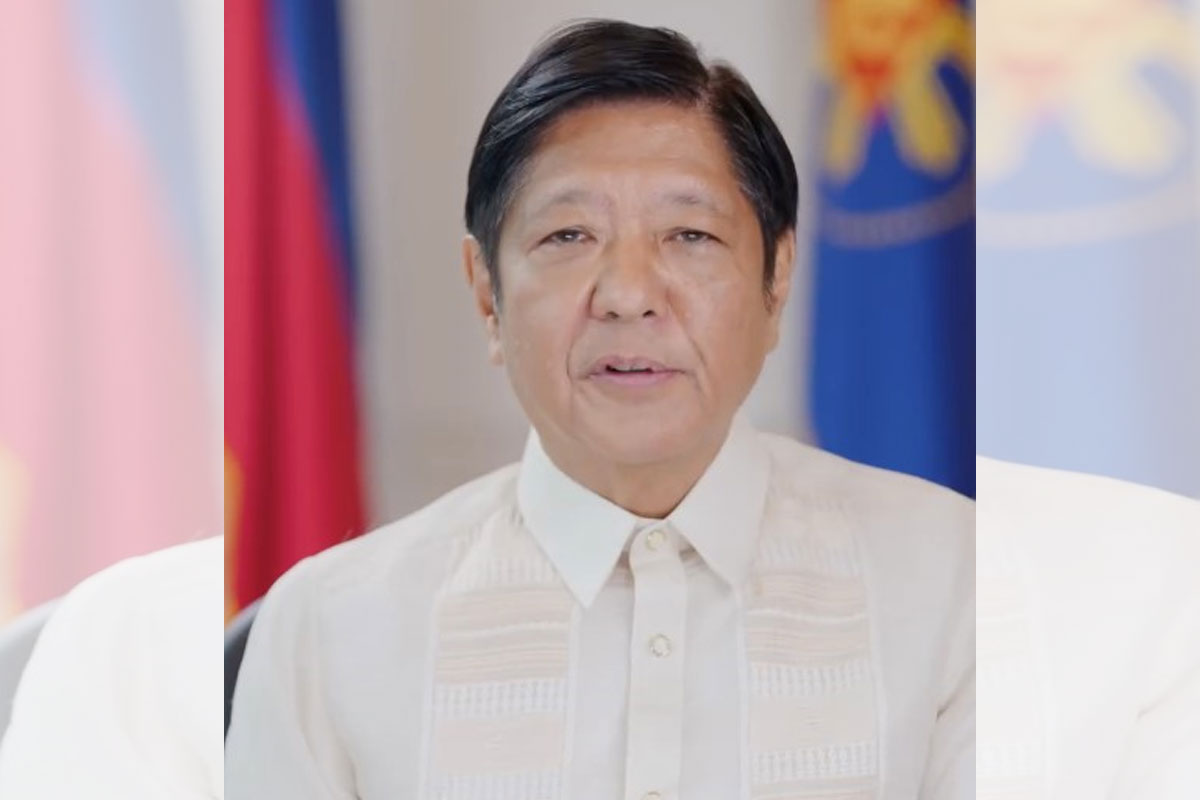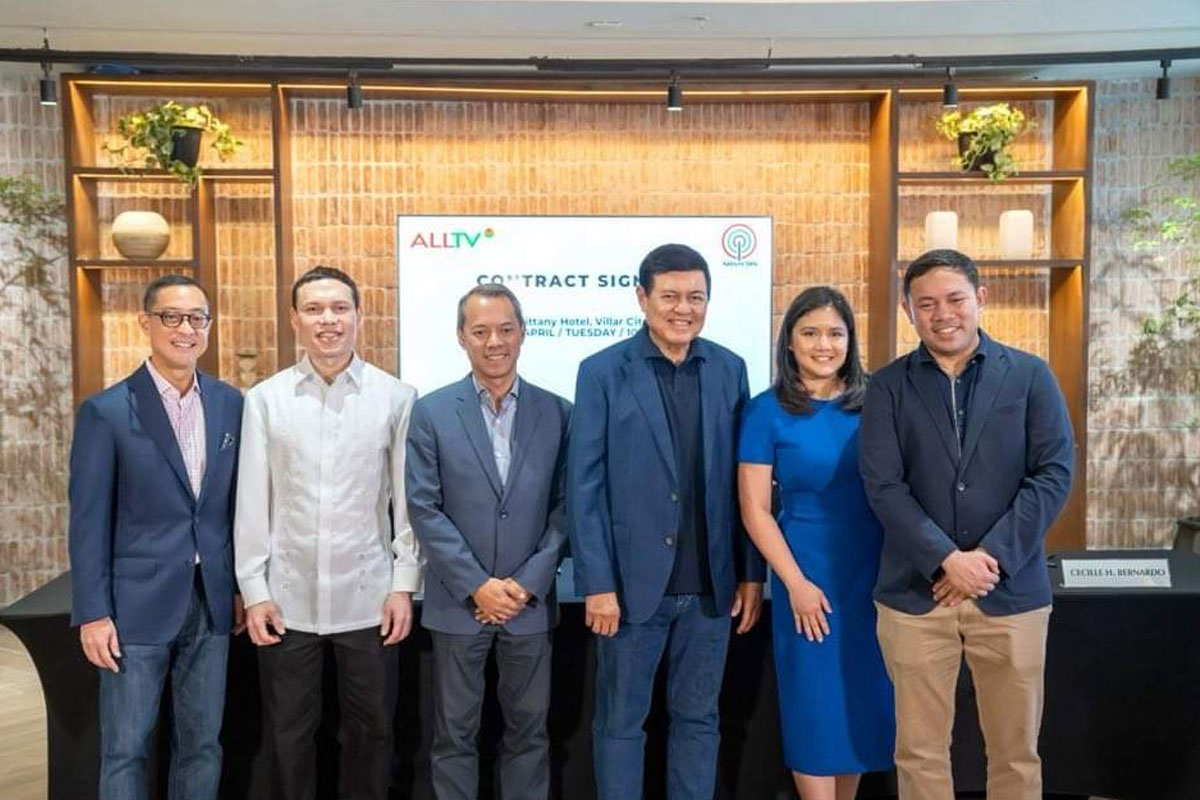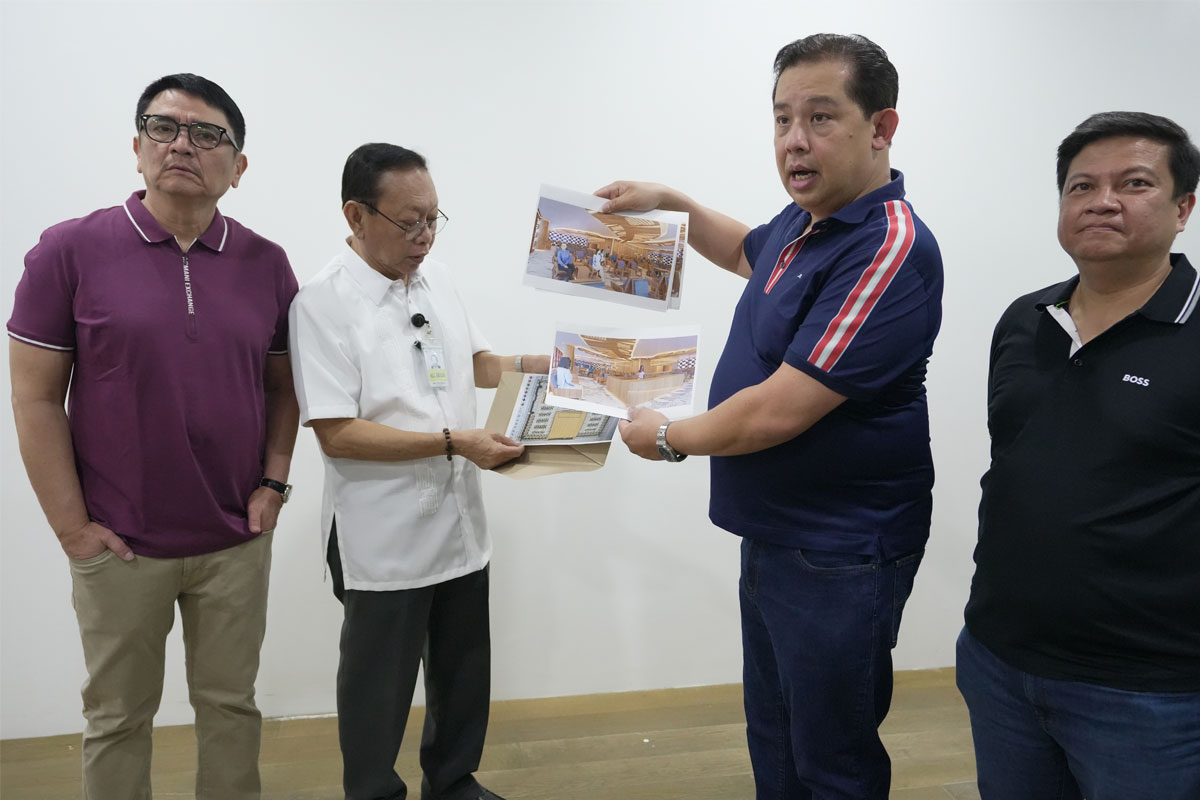
ELUSIVE PEACE
 It seems that the threats of Global Terrorism are indicative of a deep-seated ideological clash of political and religious beliefs. Early December of last year, a suicide bombing in Pakistan’s southwest sent a wave of shock and anger across the country. The bombing killed four people and appeared to target police protecting polio workers in the area. In Tunisia a gunman drew an assault rifle from a beach umbrella and killed at least 38 people at a seaside resort. And in Kuwait a suicide bomber blew himself up inside a mosque during communal prayers, killing at least 25 Shiite worshipers.
It seems that the threats of Global Terrorism are indicative of a deep-seated ideological clash of political and religious beliefs. Early December of last year, a suicide bombing in Pakistan’s southwest sent a wave of shock and anger across the country. The bombing killed four people and appeared to target police protecting polio workers in the area. In Tunisia a gunman drew an assault rifle from a beach umbrella and killed at least 38 people at a seaside resort. And in Kuwait a suicide bomber blew himself up inside a mosque during communal prayers, killing at least 25 Shiite worshipers.
Moreover, recent notable terrorism incidents in the Philippines include: the August 24, 2020, dual explosions in Jolo, Sulu resulting in a number of deaths and injuries; the June 28, 2019, a dual suicide attack on a military base in Indanan in Sulu Province killed 3 civilians and three military personnel as well as the two attackers. A further 22 people were injured; the January 27, 2019, 27 people were killed and many more injured as a result of bomb attacks at a Roman Catholic cathedral on Jolo Island in Sulu Province; and the December 31, 2018, an IED exploded at the entrance to the South Seas shopping mall in Cotabato City killing two people and injuring many more. Under ideal circumstances one may readily resort to “dialogue” or “communicative rationality” to end such an ordeal but how do you initiate such a move with individuals not within the normative curve of a dialogical process?
For a “realist” the solution lies in the speed and might of power that would readily put an end to such an atrocity. We were all witnesses in March of 2003 when military forces of the United States and United Kingdom swarmed the Iraqi desert with speed and firepower to topple down a dictator perceived to have weapons of mass destruction. The war was swiftly concluded and the superpowers won. But was terrorism thwarted?
In a paper presented by Prof. Percival S. Gabriel, he points out that: “the use of power empowers another in whatever magnitude in whatever form … Ground your son in the house. Though you have used your power to prevent him from going out of your shelter, but you may have empowered him to conceive a plan to secretly sneak out of the window … With this view we could say that a realist’s concept of simply using military might (power) to subdue terrorists may resort to other means of destruction where states may find themselves losing. It is because the use of power against them is actually empowering them.”
“A suicide bomber who tries to detonate a bomb is meant to be killed. But you don’t have to kill a suicide bomber. For he will willfully kill himself … together with you,” says Prof. Gabriel. So what should be done? We should find a more rational way of dispensing power by considering the net effect of action and reaction needed. A calculated and responsible use of power must always characterize our response.
Building the perfect tapestry of Cultural and Religious understanding may not yield the immediate response necessary to instantaneously halt terrorism. But it is the only way to end this vicious cycle. Finding a “common ground” in this globally complex and semantically confusing world will definitely take a lot of work. But is much better that all the offensive and counter-offensive mechanisms of military warfare. We are all members of the same human family, whose efforts, whether we realize it or not, tends towards the same truth we all seek to realize.
A Sovereign State cannot give its diverse population (whether ideologically, economically or culturally) the happiness and prosperity that they expect unless the very fabric of its societal framework is built upon dialogue. Dialogue in turn is built upon trust, and trust presupposes not only justice but mercy as well. The equality brought by justice is limited to the realms of objective and extrinsic goods, while love and mercy bring it about that people meet one another in that value which is man himself, with the dignity that is proper to him.
In conclusion allow me to quote PCP II’s thought on this subject matter, “We need to encourage these efforts (inter-religious dialogue) especially where suspicions easily arise due to historic animosities and biases. We in the Church must be the first to start in undoing past effects of our mutual grievances. Understanding Islam is a necessary step. But beyond an intellectual grasp of Islamic religion is the common cause we can make with Filipino Muslims even now on the fundamental issues of justice and development. For Muslims have more than their share too, of poverty and the inequalities that goes with it” (Second Plenary Council of the Philippines, No. 115).
————————-oOo——————————
For any personal comments or suggestions, you may call 0917-4805585 or email me at [email protected].



